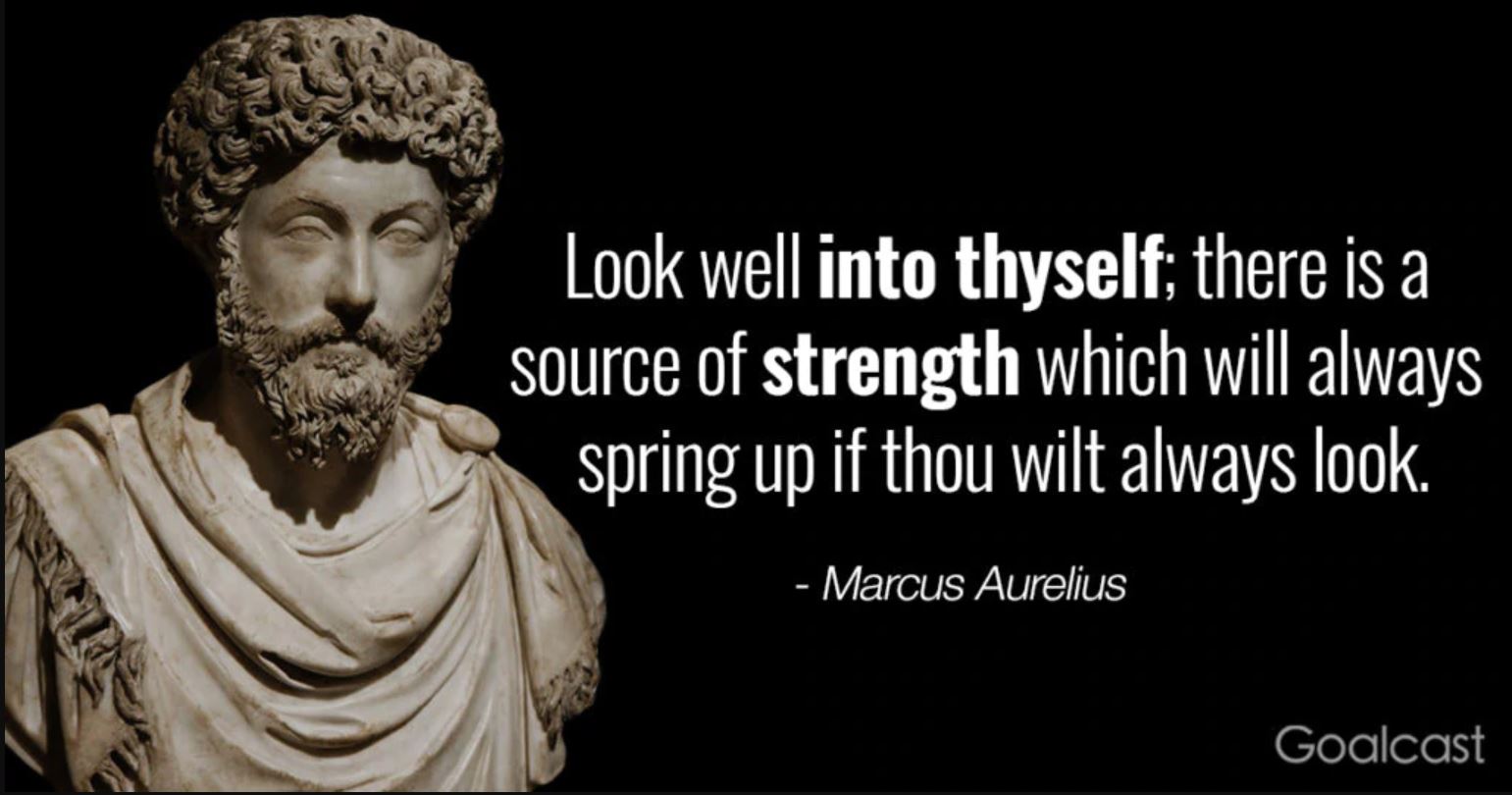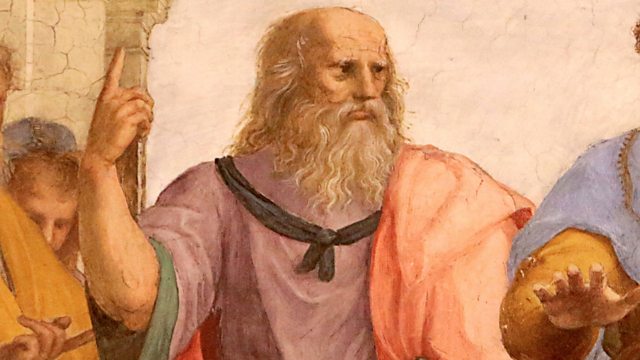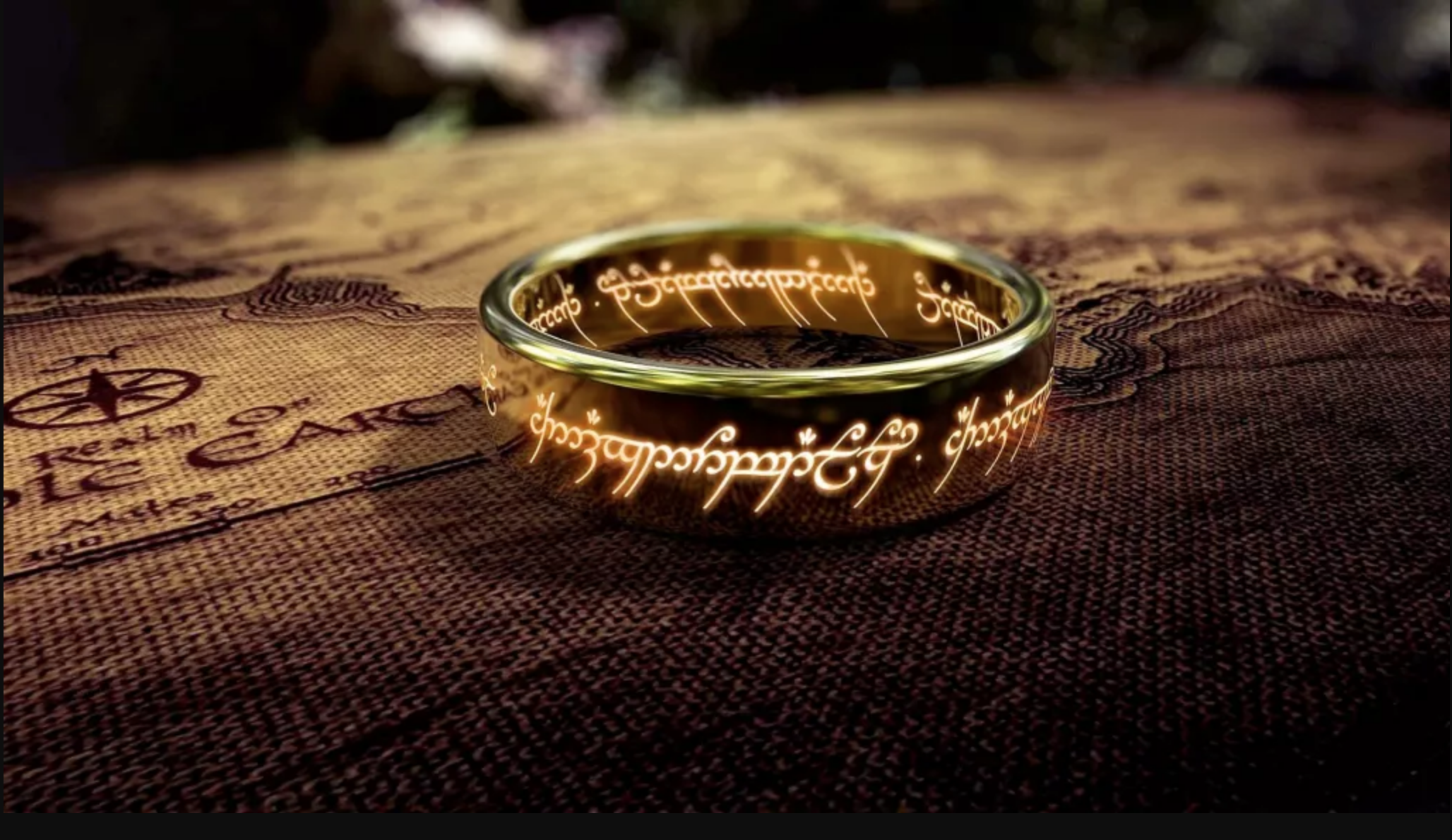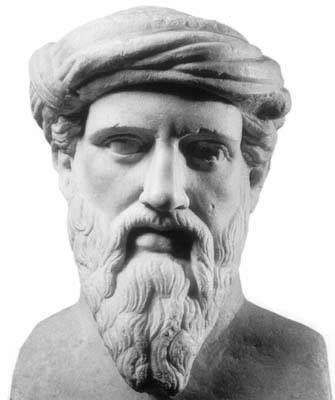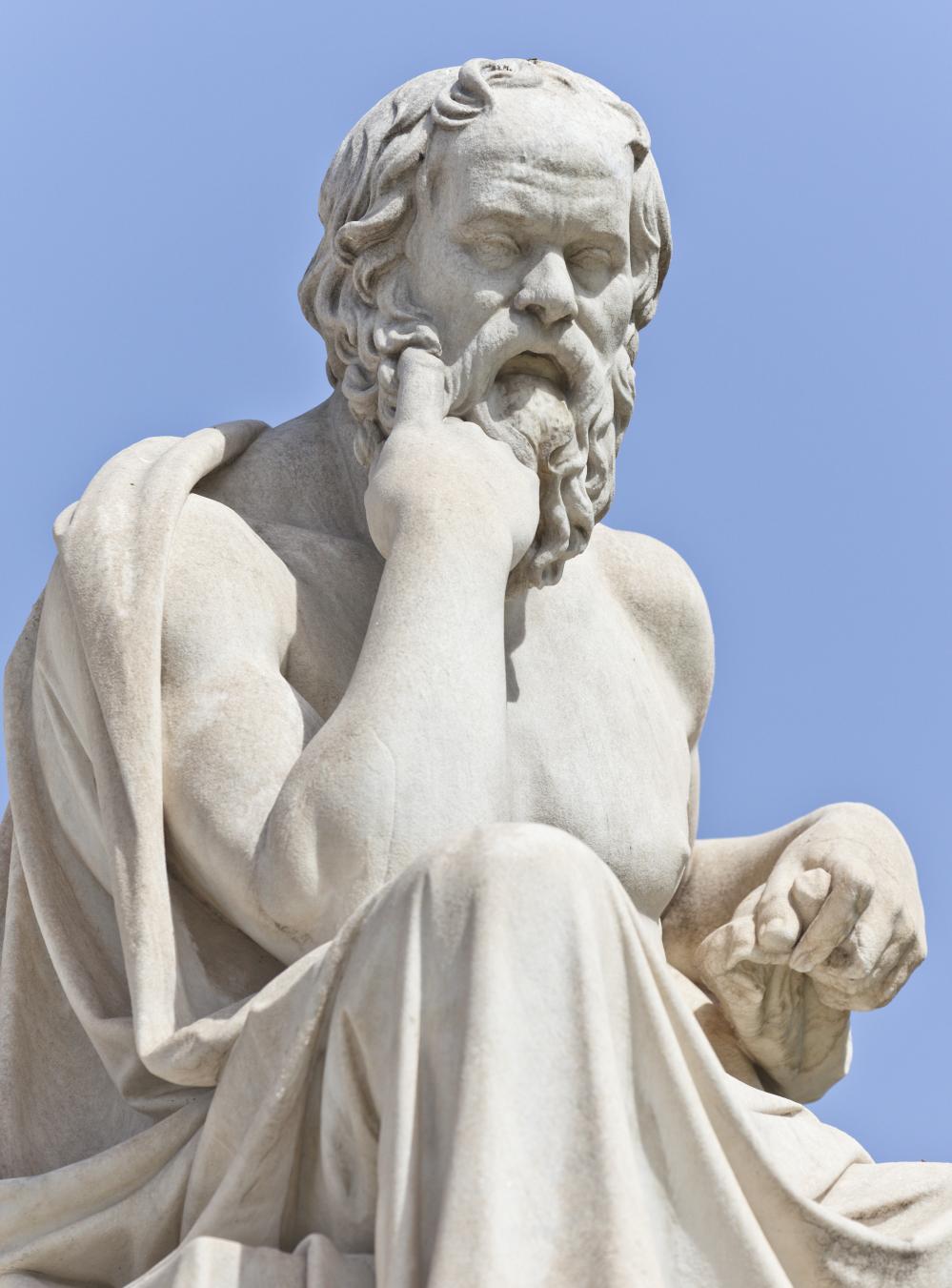Written by Visnja Bojovic, Contributing Writer, Classical Wisdom It is old news that ancient thinkers were constantly questioning human learning, morals and behavior. Greek perceptions of the mind or soul were very different from contemporary views, which can make them all the more difficult to grasp for the modern reader. However, we will make an
